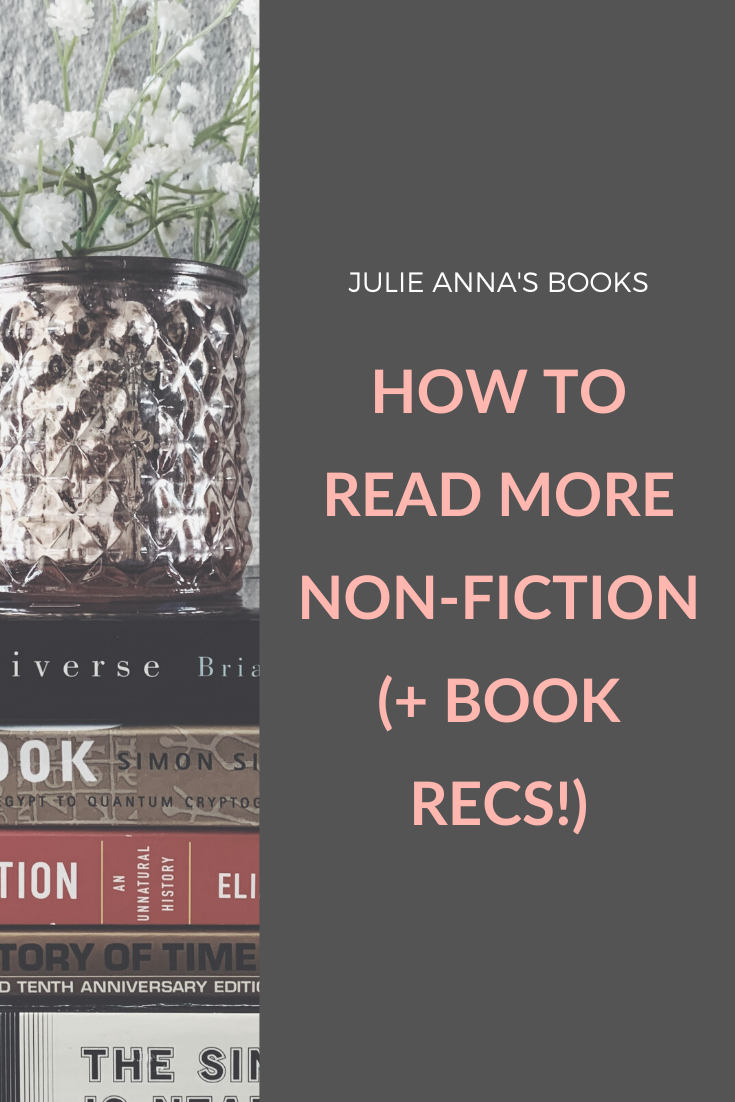One day over at my Bookstagram, I asked readers what genre they don’t read as often. As it turns out, there are so many of us readers that don’t read non-fiction as often as we’d like! I was expecting a variety of genres, including science-fiction, romance, historical fiction, the classics, etc. – but this wasn’t the case here.
But now that I think about it, there are lots of fiction readers (and non-fiction readers, at that) that don’t often venture to the other side. Sometimes this is due to personal preference, but sometimes readers do want to give it a try. I think one problem is that non-fiction is such a broad category, that it’s hard to know where to start. Additionally, adjusting to a different style of writing can be an abrupt change for fiction readers.
If you fall into this category and are interested in reading more non-fiction books, here are some of my suggestions and recommendations.
1. Narrow Down Non-Fiction.
With such a variety of non-fiction books to choose from, it may take some time to find your niche. To help narrow this down, consider what you enjoy in life.
Do you have an interest in music or play an instrument? If so, you may enjoy memoirs of musicians or books about personal accounts of big musical events in history.
Do you enjoy reading self-improvement blogs or watching similar videos on YouTube to motivate you? Consider picking up a book under the same genre.
Consider what kinds of videos or movies you watch, podcasts you listen to, or hobbies that you have. These are a great starting point to help curate your non-fiction TBR.
But where can you find these books after you’ve settled on some sub-genres? When I’m looking for something specific, I usually use Goodreads’ List feature (otherwise known as Listopia). From here, you can search for the sub-genre you’re looking for and you’ll find an abundance of user-created lists. Alternatively, you can browse lists using the non-fiction tag if you’re stuck for ideas.
One non-fiction category I’d like to read more about this year is all under the umbrella of science and technology. Here are a few books I picked up recently that I’d like to read soon:
Science & Technology Non-Fiction Books on My Physical TBR
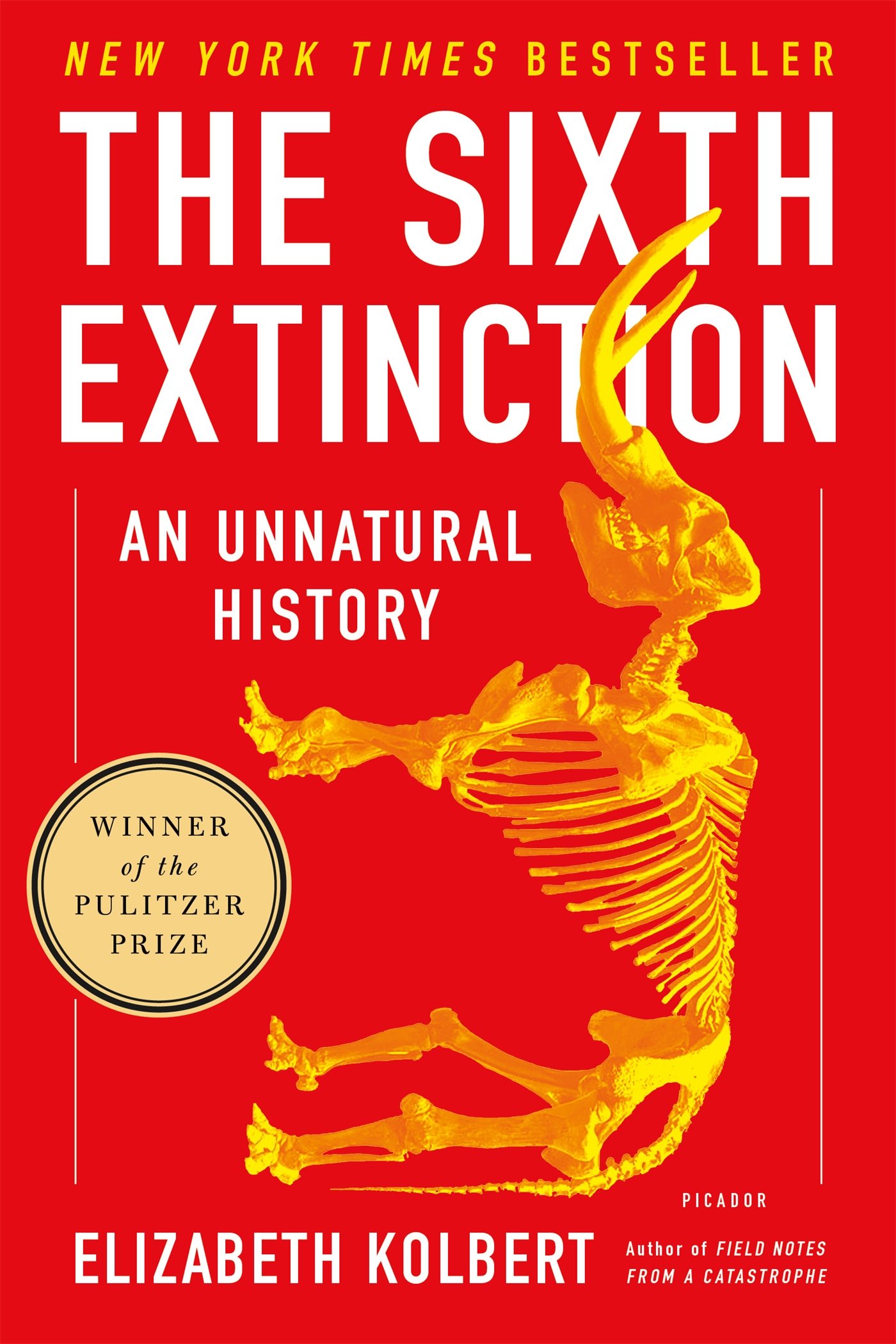
A Brief History of Time By Stephen Hawking
Originally published in 1988, Stephen Hawking’s book presents readers with or without scientific background of our universe’s origin and history. Since it’s publication, Hawking expanded on this book with new findings and confirmations of his predictions in the first edition.
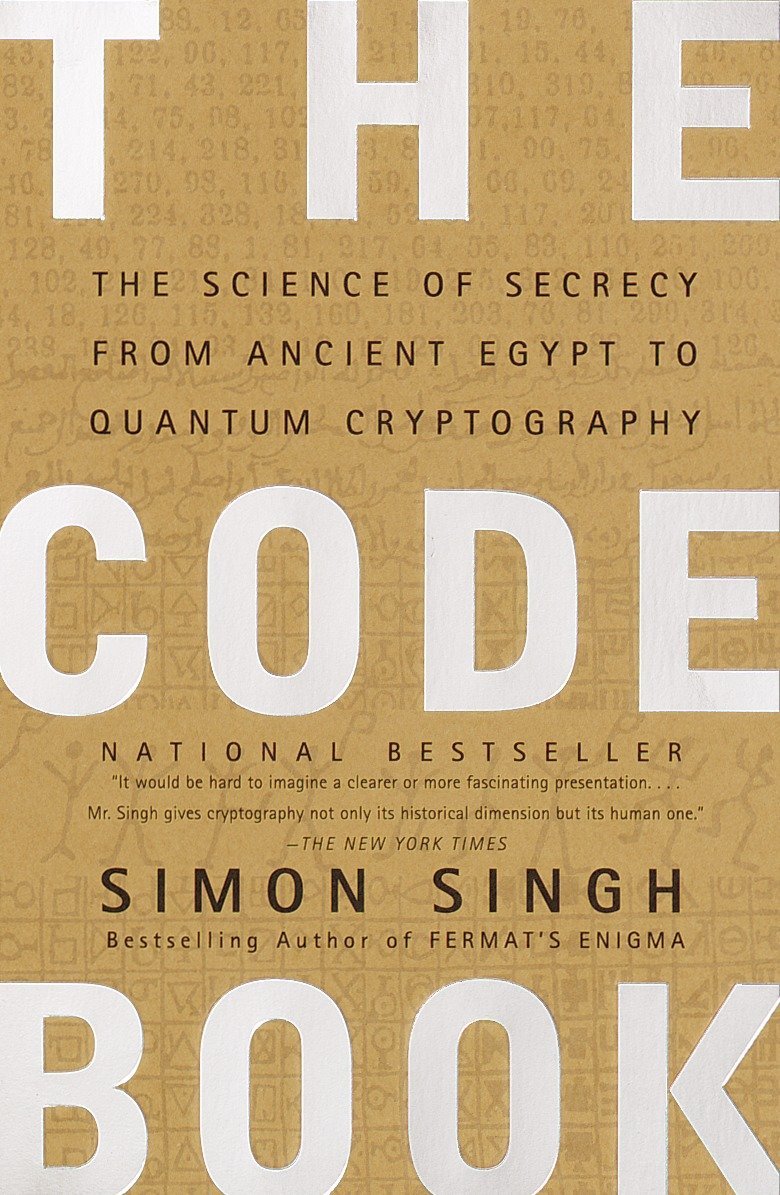
The Singularity Is Near: When Humans Transcend Biology by Ray Kurzweil
Kurzweil’s book examines how machines may soon transcend the intelligence of humans. It includes several predictions of when the technological singularity would come, and what would happen once that time comes.
The Sixth Extiction by Elizabeth Kolbert
Over the course of our planet’s existence, there have been five mass extinctions. The Sixth Extinction covers the studies of what we think the sixth extinction will look like, and how humans will likely be a big part of that.
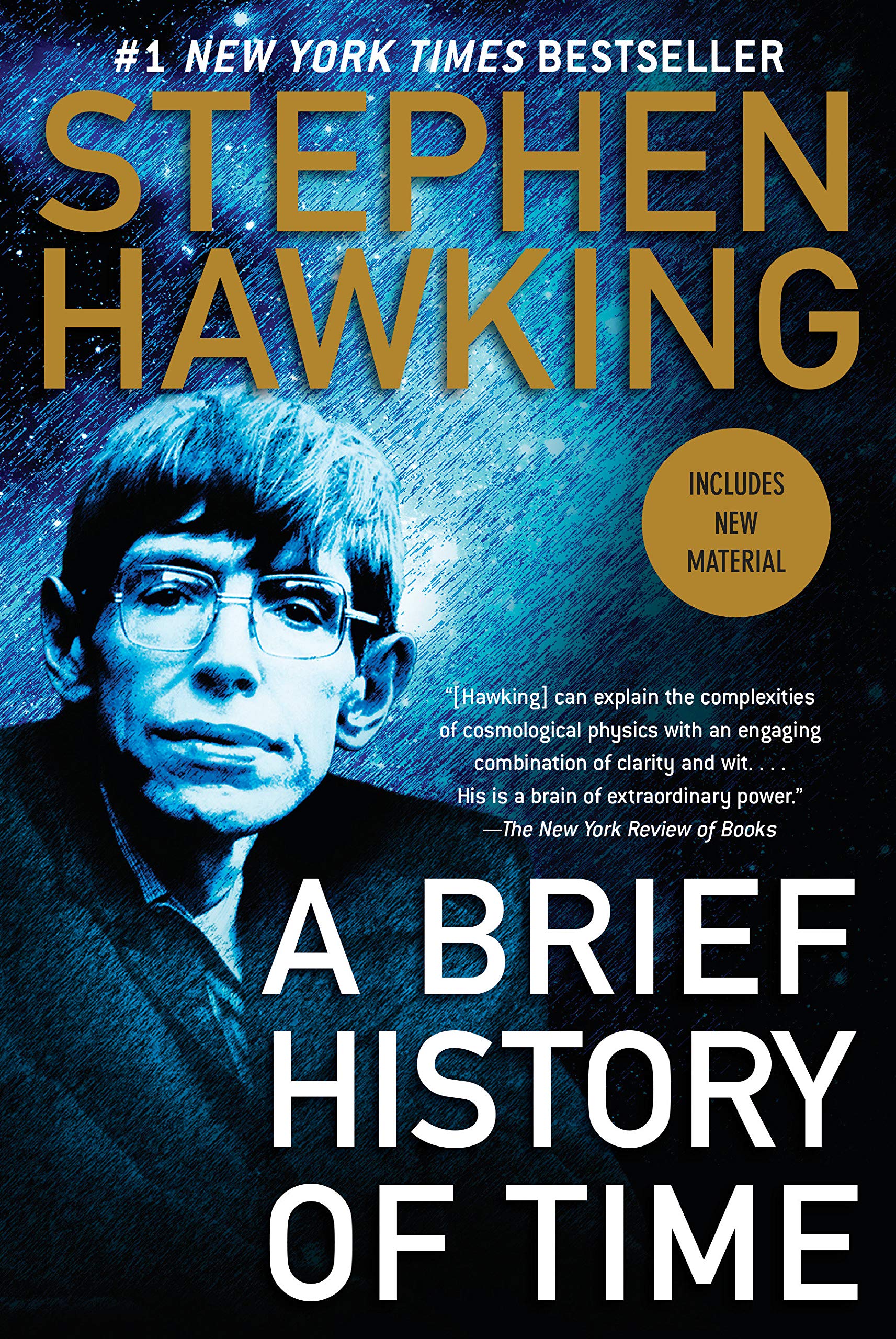
The Code Book: The Science of Secrecy from Ancient Egypt to Quantum Cryptography by Simon Singh
Singh’s book provides a history of encryption, well before the technological era, and how we have used the power of secrecy over centuries to solve some of the world’s biggest problems.
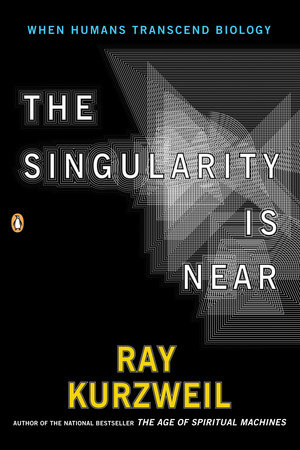
2. Read Non-Fiction that Reads Like Fiction.
You may be wondering what exactly I mean by “non-fiction that reads like fiction.” Essentially, these are non-fiction books that are written like a story . More often than not, you’ll find books written like this for some history books, and books about personal accounts. But one of the biggest examples of this kind of writing can be found in true crime books.
Personally, I find true crime books to be a great genre for those looking to read more non-fiction. Not only is the writing style more familiar, but these books also introduce some non-fiction “elements.” One aspect of non-fiction I normally find is that, while the topic of conversation overall remains the same, there are many topics or examples that are covered that you don’t anticipate learning about when before picking up the book. My interest in true crime started with podcasts, and this is something that I picked up on back then. Although you’re primarily learning about the crime that took place, you’ll also pick up other interesting information. For example, I learned more about law, building codes, The World’s Fair, the history of psychiatric facilities, and so much more.
That being said, I find true crime books are great at keeping that familiar format while introducing the reader to what you’ll normally find in non-fiction. For obvious reasons, they can be more emotionally difficult to digest, but if it’s a subject matter that interests you, it’s not a bad way to get started with non-fiction.
Alternatively, if true crime isn’t for you, consider books about personal accounts. These are usually written by the person who experienced the event, and they tend to be in chronological order of what happened, so it reads like a story.
One Personal Account Book I Read Recently:
Into Thin Air by Jon Krakauer
Into Thin Air is Jon Krakauer’s personal account of the Mount Everest climbing disaster that killed many. Originally on the expedition to report on the commercialization of Mount Everest, Krakauer gives an in-depth account of the climb – and what went wrong.
You can read my full review on my Goodreads here.
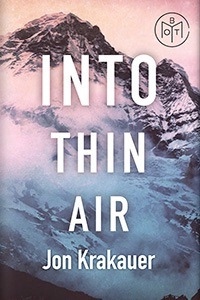
3. Consider Biographies and Memoirs.
It’s still a pretty big sub-genre, but it’s still one that you might want to consider if you’re looking to read more non-fiction. So how do you get started?
For me, reading biographies and memoirs started with the people I wanted to read more about. For me, this started with musicians. For you, it may be your favorite actor, author, or other famous figure. Eventually, you may start reading books from people you know less about, or know nothing of at all.
For me now, I’ve started to read memoirs based on the synopsis or what it’s about. This helps me learn more about people and their unique experiences. Again, this is something that you can inquire further about using a list. But if you’re unsure about reading these kinds of books from people you’re unaware of, someone you do know a bit about may be a good place to start.
A Couple of Bios / Memoirs I’ve Read:
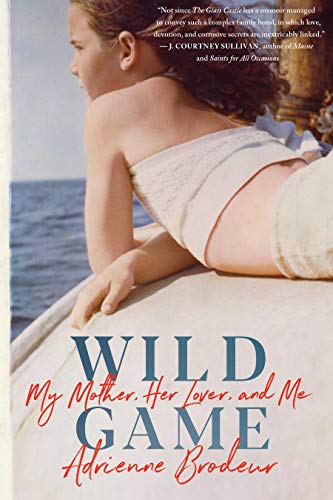
In Pieces by Sally Field
In Pieces is Sally Field’s memoir about her home life in her childhood, her introduction to acting, and how entering the entertainment industry has shaped her life. In this case, I knew Sally Field (and watched plenty of shows in her teens), but whether you know her work or not, I highly recommend it.
Wild Game: My Mother, Her Lover, and Me by Adrienne Brodeur
Wild Game is Adrienne Brodeur’s memoir of how her mother’s affair, and how Brodeur was involved in keeping the secret from the start as a fourteen-year-old girl. This was an example of a book where I didn’t know the author and decided to read their memoir regardless.
You can find my Goodreads review here.
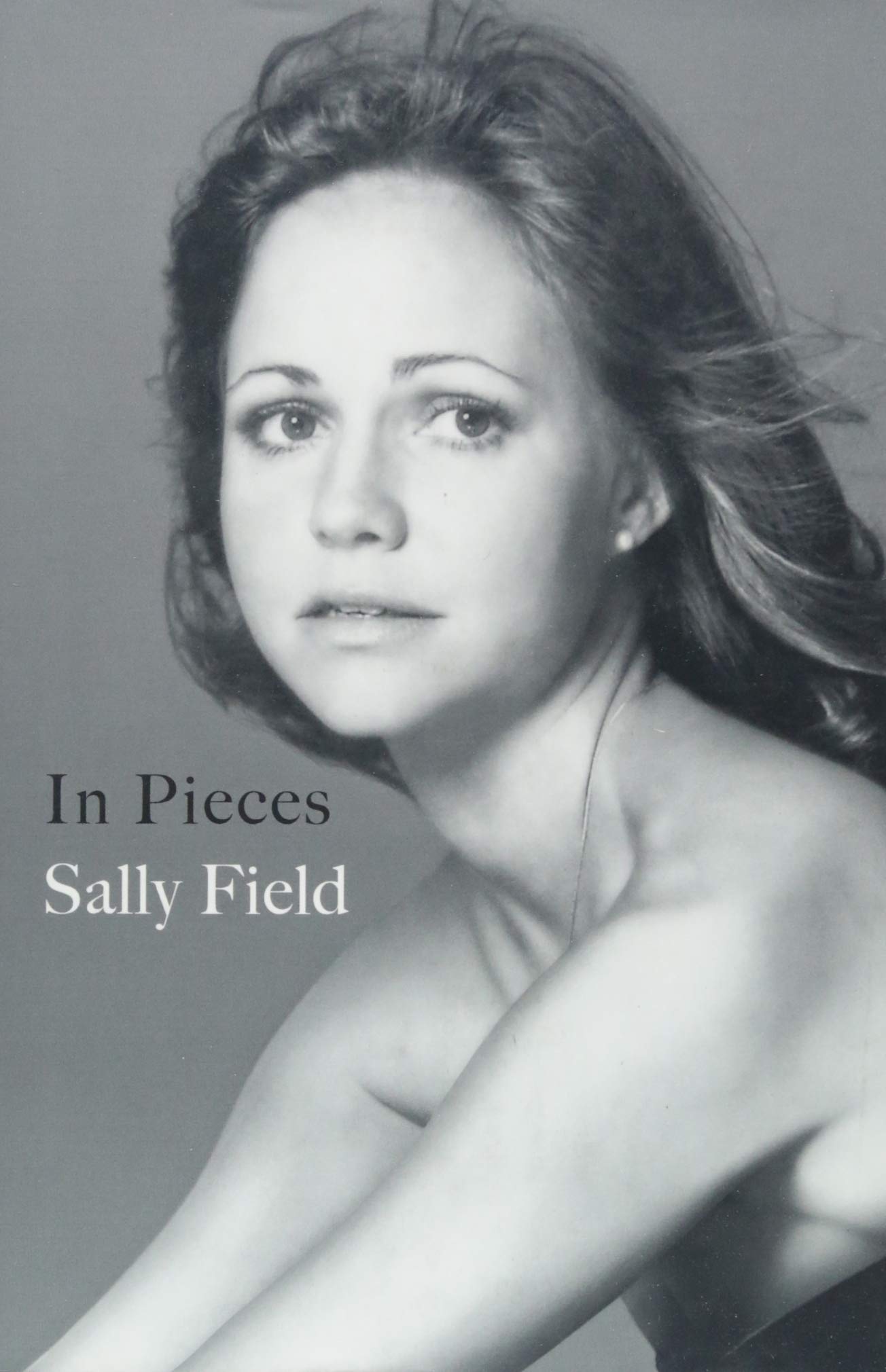
4. And then there’s Personal Growth Books.
I decided to leave this in it’s own separate category of non-fiction books to explore. After all, it was my personal start to reading more non-fiction in adulthood. Despite that, I know it’s not for everyone. So if this is a category you’re interested in, it is yet again another big one.
My Current Favorite Personal Development Books:

Blink: The Power of Thinking Without Thinking by Malcolm Gladwell
Blink is about how we tend to put so much thought into our actions, and proposes an alternate route: how to make snap decisions, and how people are able to take action instantly.
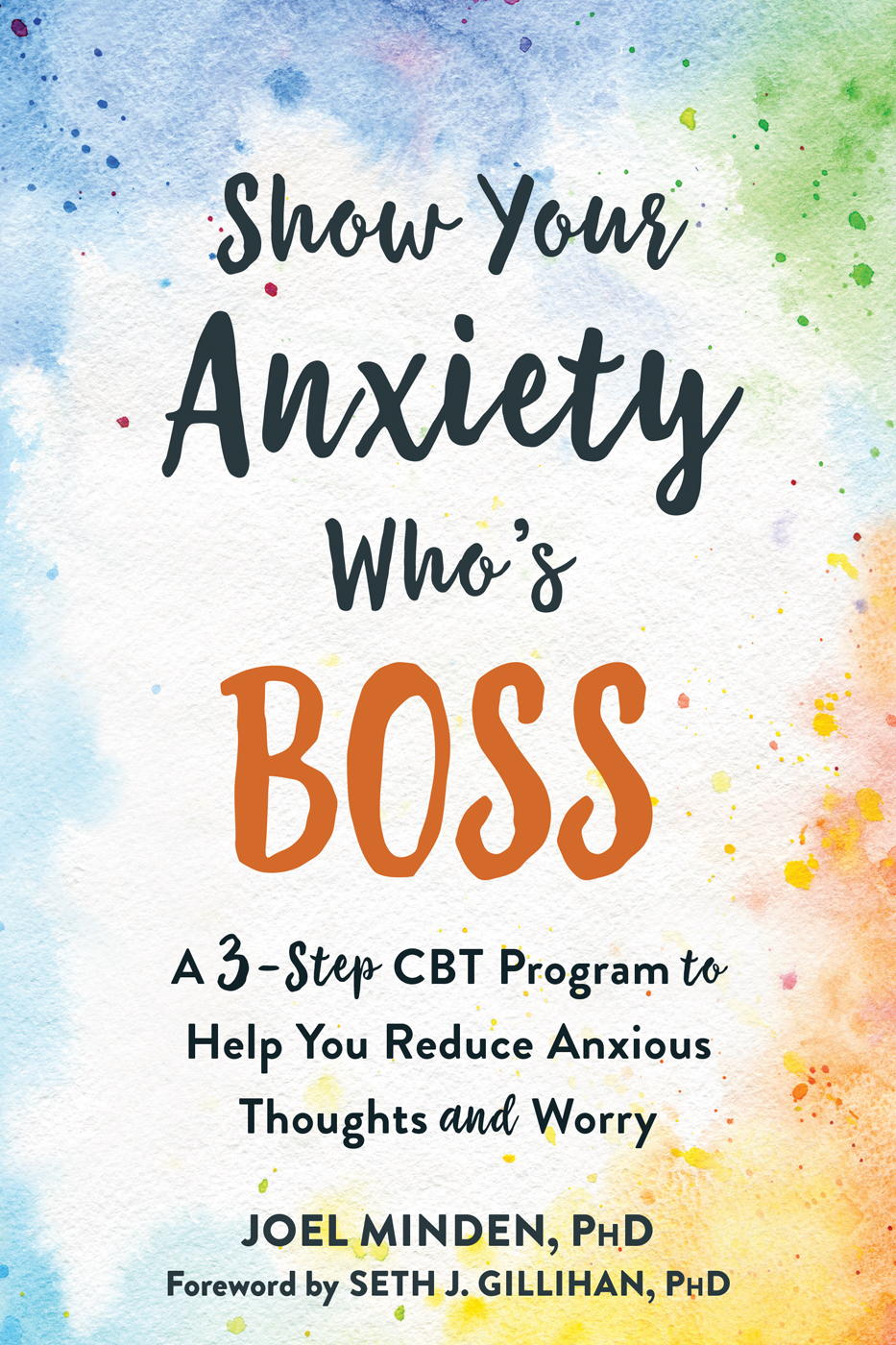
Quiet: The Power of Introverts in a World That Can’t Stop Talking by Susan Cain
Quiet is all about introverts and how they fare in a world dominated by extroverts. It covers how introverts should care for themselves (and how that differs from extroverts), and how introverts and extroverts apply their skills together to create great things.

Show Your Anxiety Who’s Boss: A Three-Step CBT Program to Help You Reduce Anxious Thoughts and Worry by Joel Minden, PhD
Show Your Anxiety Who’s Boss shows how we may be facing anxiety improperly – and how to create our own step-by-step plans to combat anxiety the right way.
You can read my full review on my blog here.
If you were looking for some ways to get started with non-fiction, I hope this post helped you! What kinds of non-fiction are you interested in? Do you have any recommendations? Be sure to let me know in the comments below.
